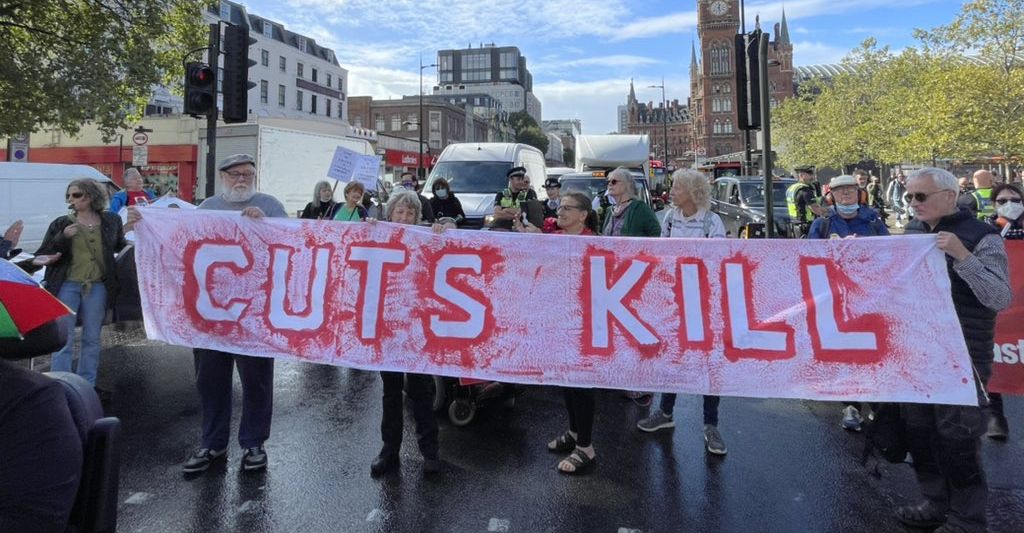What does the world sound like with your index fingers stuck in your ears like plugs? In that position, could you hear a child speaking on the other side of the room or the noise of a car coming towards you? These are good indicators of hearing loss at a level that might benefit from hearing aids. The problem is they’re expensive, starting at $1500 a pair, and up to $12000. With half a million pairs sold in Australia every year, it’s huge business. As I recently found out.
Six years ago, I started having trouble hearing people over the phone. I took a free hearing test at my local community health centre, like the one you remember from when you were a kid – listening for beeps and pushing the buzzer. The audiologist told me there was a little hearing loss in my left ear.
Throughout the following five years my hearing faded incrementally, so that I hardly noticed one month to the next. Over this same period, I decided I didn’t like talking on the phone, not realising I was anxious because I couldn’t hear.
Early last year, it dawned on me that I was struggling. My husband, ever so patient, was repeating himself continually. My two teenage sons’ deep voices weren’t registering. I would often mishear them or not hear them at all. I was having problems hearing people at work, in meetings. The most troubling part was when I could no longer judge where sounds were coming from. Cars. Bikes behind me on the path. It was disorienting, and there were a few near misses where I had to jump back towards the kerb.
My GP referred me to another audiologist. These in-depth tests were more rigorous. Even as I was taking them, repeating words after a recorded voice, I knew I was failing. I was guessing words, unable to hear the sounds of consonants. Turns out I had genetic hearing loss.
Acknowledging my distress, the audiologist recommended I try hearing devices. ‘Some outlets have free trials,’ she said, ‘at least you can see what the worst-case scenario would be.’ She explained it takes six or seven weeks to get used to hearing aids which are programmed with your personal hearing-loss prescription.
I put it off for months. I didn’t want to acknowledge I needed hearing aids.
Then a dear friend who’s known me most of my life told me with tears in her eyes ‘not to be selfish’. I understood then that my decision to get help, or not, deeply affected my relationships with family and friends. Sometimes there is a moment with hearing loss when you can drift back socially and start that slow separation that comes with ignoring you have a problem. Some people have profound or quick onset hearing loss and never get to make such a decision. I was lucky.
When I started exploring the price of aids, I was gobsmacked. I could not justify spending thousands of dollars that we just didn’t have. I checked the government program Hearing Services Australia and was shocked to see that although I have a low income I was ineligible for help because of my age.
I am forty-six. The government currently subsidises hearing devices for people under the age of twenty-six and over the age of sixty. There are some exceptions for people my age, but none of these applied to me. At my age I fell within the government hearing subsidy ‘black hole’.
Angry about my situation, I was also upset on behalf of all the people in their late twenties, thirties, forties and fifties in the same boat. The low-income workers of Australia. There must be thousands on low wages and on Newstart who are ineligible for funding. Imagine not being able to get a job because you have hearing loss and no money to buy hearing aids! Maybe the government just prefers not to think about these people?
For those who prefer to think of these issues in terms of their economic as opposed to broader social costs, The Hearing Awareness Week organisation estimates that ‘hearing loss is costing Australia $15 billion a year in health system costs and lost productivity’. Surely the part of this ‘cost’ could be ‘saved’ by subsidising hearing aids for those who need and cannot afford them?
I work at a library, so I know how to search for information. Eventually I found a couple of organisations willing to help people in my situation. They are working to try to fill the government’s subsidy gap by allocating donations made by member businesses (in the case of HCIA, Australia-wide), or to allocate donated hearing aids (such as the Hearing Aid Bank in Victoria). Although the Hearing Aid Bank still charge a fee of $500 per set of refurbished aids, these organisations aim to keep people in work and help the unemployed with hearing difficulties into work by providing funding for hearing devices. I imagine the resources they have to offer are limited.
I made a means tested application to HCIA and after an eight-week wait I was granted $1500 for the most reasonably priced set of suitable hearing aids. I was delighted. The difference to my life has been immense and it’s only now that I understand how hard I was struggling without any help for my hearing. To maintain friendships, to retain my job.
This World Hearing Day, as well as thinking about the ten thousand people whose first language is Auslan, or the half a million people who will be buying hearing aids this year, I’ll also be thinking of those thousands of Australians around my age who are unable to afford to get help. The Hearing Awareness Week slogan in 2020 is ‘Don’t let hearing loss limit you’. I only wonder if the Government is listening at all.
Image: Flickr






